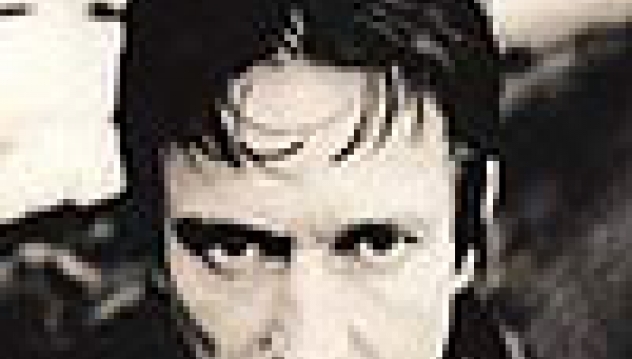“I’ve always had this love for blues music and gospel and anything that really seems to come deep from the soul.”
London-born keyboard player, composer and former Depeche Mode member Alan Wilder returns with “subHuman” – the sixth album by his current main project Recoil, released in July 2007 via Mute Records…
Vassil Varbanov: Mr. Wilder, how are you?
Alan Wilder: I’m very good, thank you.
V. V.: The first thing that impresses while listening to your new album, “subHuman”, is this blues atmosphere. Why blues? And why did you choose to work with a guy like New Orleans’ Joe Richardson (guest vocals, guitar, harmonica)?
A. W.: I think I just found that each time I start working on music, it kind of tends to lead towards that area. It’s something I really enjoy. When I was first getting into progressive music, I used to listen to old blues records. This was in the early 70’s. When I was learning the piano as a youth, instead of doing my classical piano practice, I used to gravitate around blues chords. You see, I’ve always had this love for blues music and gospel and anything that really seems to come deep from the soul, so when I started making this album, I could just hear that kind of voice on it. I went off to research using the Internet to find a good singer.
V. V.: Is there any deep meaning behind the album’s title, “subHuman”?
A. W.: After I finished the record and the people contributed their part, I had to try to make some sort of sense with it, including to think of a title that reflects what’s on the record. In this case Joe’s words suggested to me the idea of “subHuman” – whoever we are, we’re always regarded as subhuman by somebody else in this world, no matter what cars or background or religion or country of political view you have.
V. V.: In this connection, are you happy with the world of today?
A. W.: I think you can’t help be affected by what happens around you. I have my comfortable life here, but I watch the news every day, so after a while it sort of gets to you… I don’t consider myself a political person, although in this case people might get the idea that I’ve suddenly gotten very political on this record. That’s not the case. The songs are just about the human conditions – that concerns me more. It’s quite sad at times.
V. V.: Well, I’m sure you still have to face questions about your former band. Are you still in touch with Depeche Mode? Do you follow what they do?
A. W.: I loosely follow what they do, but I can’t really get away from it, to be honest. For example, we’ve just reissued all the old albums in surround sound, which I was involved with. The thing is always coming back to me, which is fine, I don’t mind that. I haven’t seen any of them for some time now – the main reason is they live around the world, so we don’t get to hook up very often. Sometimes I have chats with Martin Gore and Dave Gahan.
V. V.: Does it irritate you when lots of people around the world describe Recoil as “the band by that ex-Depeche Mode member”?
A. W.: No, not really. I think that’s inevitable. Besides, that’s the way most people would probably know about Recoil.
Copyright: Tangra Mega Rock

